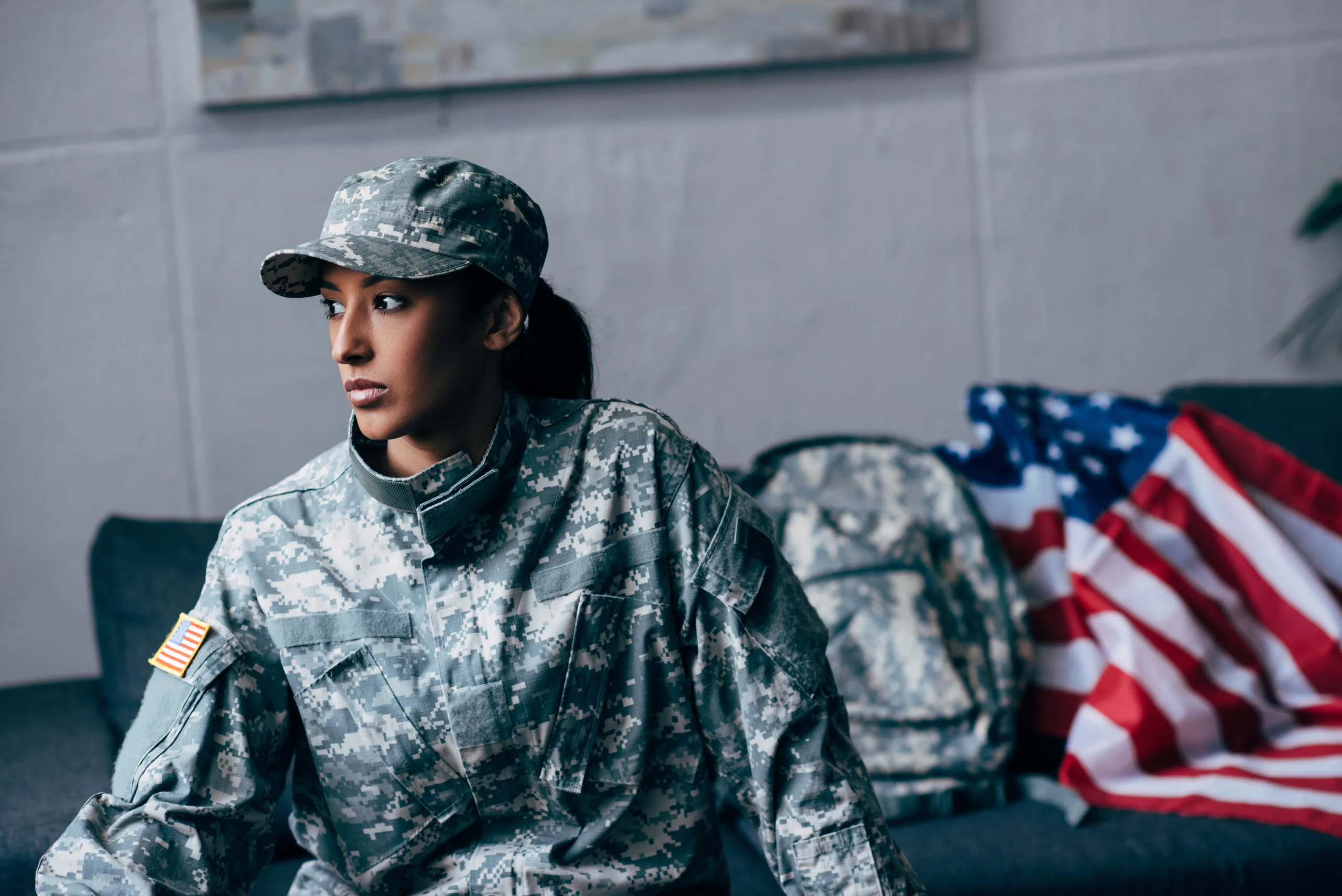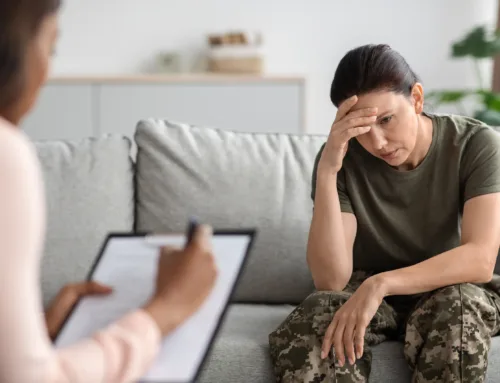Living with a Veteran Partner Who Has PTSD: Guidance and Understanding
Living with a veteran partner who struggles with post-traumatic stress disorder (PTSD) can be challenging. PTSD is a mental health disorder that can develop after exposure to a traumatic event. This condition is common among veterans due to their unique experiences during military service. Understanding how to live with and support a partner with PTSD is essential in nurturing a healthy, empathetic relationship.
Understanding PTSD in Veterans
Veterans with PTSD may be facing flashbacks, severe anxiety, nightmares and uncontrollable thoughts about the traumatic experience. These symptoms can disrupt their daily life and relationships. As a partner of a veteran with PTSD, educating yourself about their condition is critically important for understanding what your loved one is experiencing. Resources such as books, online articles and support groups can provide valuable information and insights.
Recognizing and Respecting Triggers
PTSD triggers can include specific sights, sounds or situations that remind your partner of their trauma. These triggers can provoke intense emotional and physical reactions. Being aware of these triggers and understanding their impact is vital. Work with your partner to identify these triggers and develop strategies to handle them, such as creating a safe space at home or having a plan when going out.
Communication is Key
Open communication is essential in any relationship, but it is especially crucial when your partner has PTSD. Encourage your partner to share their feelings and experiences to the extent they are comfortable. Listen actively and empathetically, offering support without judgment. It’s also important to communicate your feelings and needs, as this will help foster mutual understanding and respect.
Setting Boundaries
Setting and respecting boundaries is important for both partners. Understand that there will be times when your partner may need space or may not want to talk about certain topics. Similarly, you should communicate your boundaries and ensure that they are respected. This mutual respect for boundaries helps maintain a healthy relationship dynamic.
Encouraging Professional Help
Encouraging your partner to seek professional help can be one of the most beneficial steps you can take. Mental health professionals specializing in PTSD can offer therapies like Cognitive Behavioral Therapy (CBT) or Eye Movement Desensitization and Reprocessing (EMDR), which have been effective in treating PTSD. Offer to support them in finding a therapist or attending appointments if they wish.
Self-Care and Support Systems
Taking care of your own mental and emotional health is also important. Living with a partner who has PTSD can be emotionally taxing, and you’ll need to lean on your support system as well. This can include friends, family, support groups or counseling. Engaging in activities that you enjoy and that help you relax can help you maintain a sense of well-being.
Finding Joy in Shared Activities
Finding activities that you both enjoy can strengthen your bond and create positive experiences. This can range from outdoor activities, hobbies or simply spending quality time together. Shared activities can offer a sense of normalcy and enjoyment for both of you.
Living with a veteran partner who has PTSD requires patience, understanding and empathy. By educating yourself, communicating openly, respecting boundaries and encouraging professional help, you can build a supportive and loving relationship. Remember, taking care of your well-being is equally important, as it enables you to be a strong support for your partner. Together, you can navigate the challenges and find strength in each other’s company.






